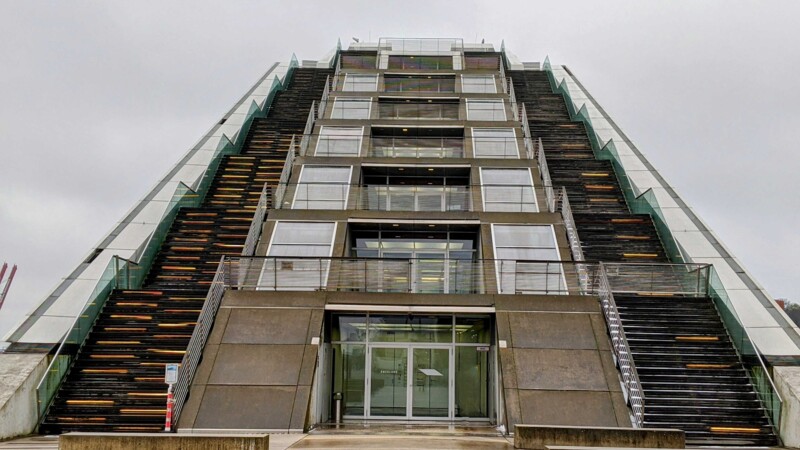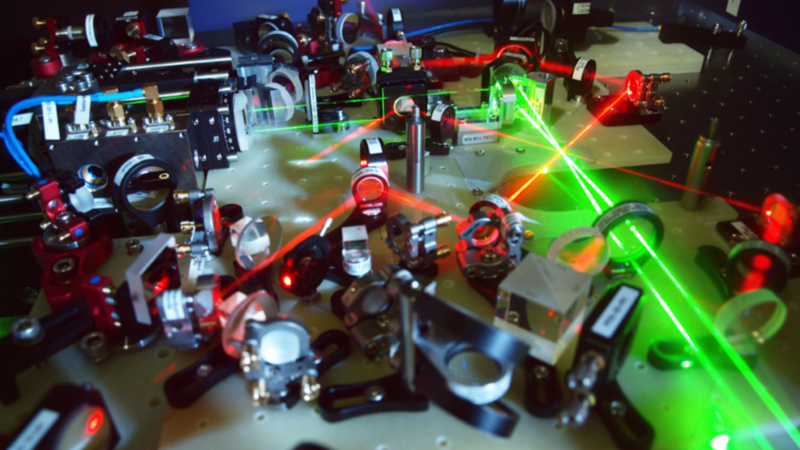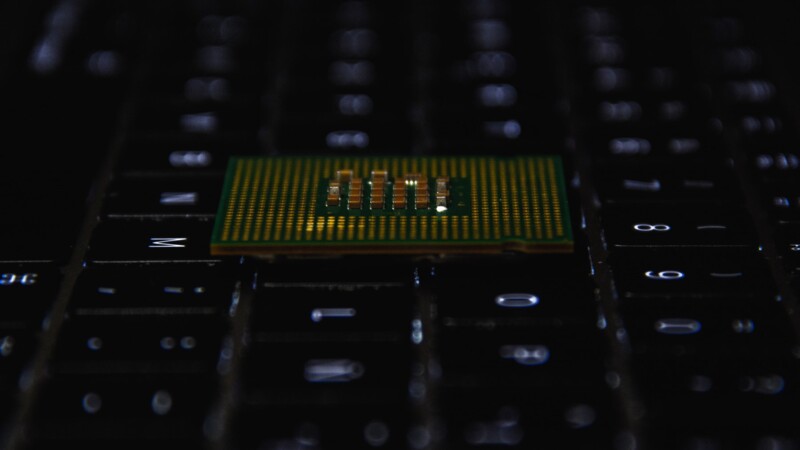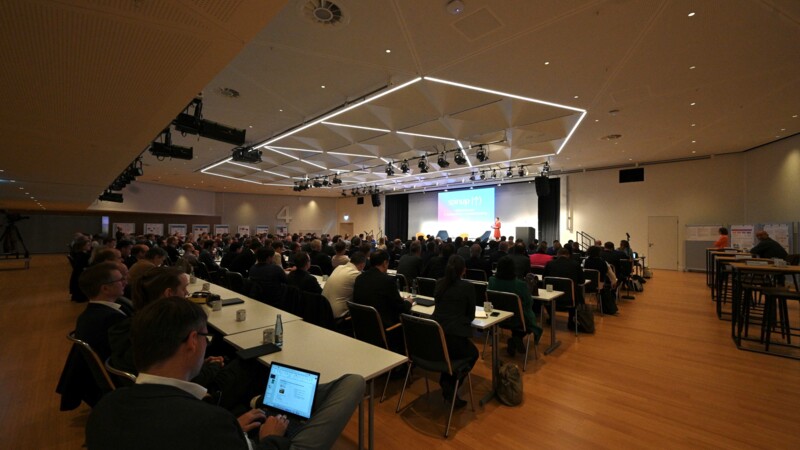QSEA I is the first full-stack, ion-trap based quantum computer demonstrator made entirely in Germany. Scientists and industry will soon be able to test this revolutionary technology in real-life situations. The next phase of the project will focus on making the quantum computer more powerful and suitable for industrial use. Lars Reger, CTO of NXP Semiconductors, said: “We are convinced that industry and research communities in Hamburg and throughout Germany will benefit from this project. It will help to build up and expand important expertise in quantum computing, to use it for the economic benefit of us all, and also to further strengthen our digital sovereignty in Germany and the EU.”
NXP, eleQtron and ParityQC and DLR Quantum Computing (DLR QCI) presented Thursday (May 30, 2024) the quantum computing demonstrator the “QSea I” “Made in Germany”. German Chancellor Olaf Scholz, Dr Peter Tschentscher, Mayor of Hamburg, and representatives of the German Ministry of Economics and Technology and the German Aerospace Centre (DLR) attended the presentation in Lokstedt. Given their enormous computing power, quantum computers mark a revolutionary leap in computer technology. Quantum bits (qubits) can assume the states 0 and 1 and an infinite number of values in between simultaneously. Thus, quantum computers can e.g., be used to plan shipping and aviation routes, for weather modelling and medication development. All these tasks can be performed simultaneously unlike conventional computers that do such tasks sequentially. These revolutionary computers are also expected to change the cybersecurity landscape.
Developing expertise in quantum computing
Building a strong quantum computing ecosystem
Speaking during the presentation, Dr Robert Axmann, Head of the DLR Quantum Computing Initiative (DLR QCI), said:“To achieve a leading international position in quantum computing, we need a strong quantum computing ecosystem. Only together will research, industry and start-ups overcome the major technological challenges and successfully bring quantum computers into application." The demonstrator enables quantum algorithms to be executed on real ion trap qubits in a real production environment. During the ceremony, Scholz emphasised the need to be at the forefront of all key future technologies on a global scale. "We can only influence our path, if we are at the cutting edge wherever possible.” In late 2022, the senate approved EUR 34.1 million in funds to boost Hamburg’s quantum computing ecosystem from 2023 to 2028.
ys/kk/pb
Sources and further information
More
Similar articles

Is Hamburg ready for quantum leap?

Hamburg banking on quantum computers

